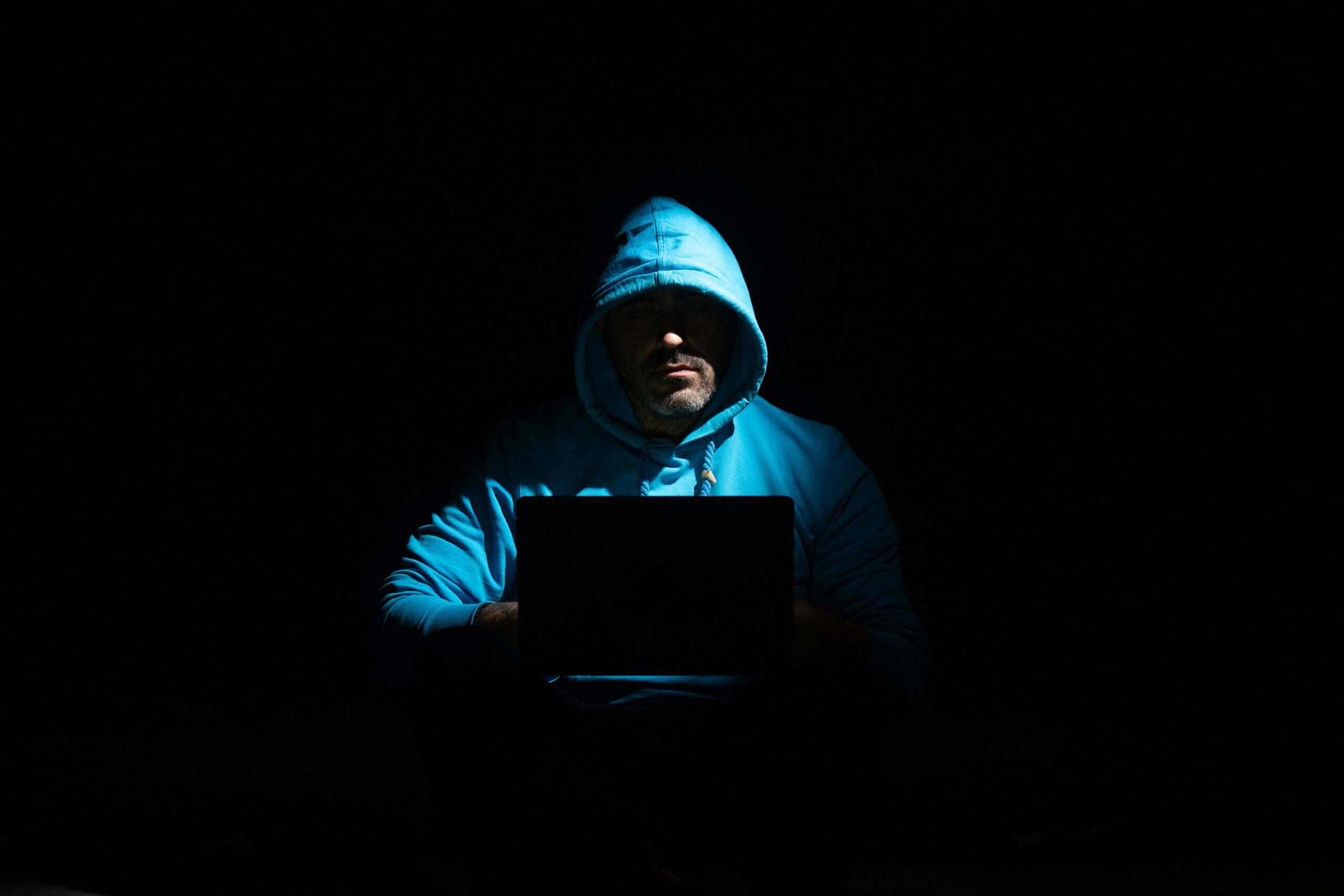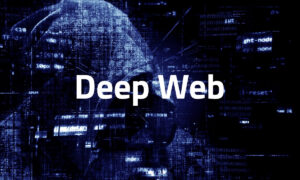What we all see on the internet on a daily basis, Google, social media, on-line stores, is only a small part of what is out there. And beneath this surface lies a huge web called the deep web and within this web lies a controversial section that people talk about in low tones; the Hidden Wiki. Although there is an element of mystery with the name, the only way one can get an insight into what the name actually means is to distinguish between myth and fact.
Deep Web: What the Deep Web is All about
The deep web merely means all the material that cannot be accessed by the regular search engines such as academic databases, government documents and company archives. To the contrary, the majority of it is absolutely legal and necessary to have operations online. What most people tend to mix it up with is the dark web which is a small encrypted part of the deep web that can only be accessed using special software such as the Tor browser.
The Function of Tor: A Road to Privacy
Tor, or The Onion Router is an open-source network that is anonymizing internet activity. It directs the information with the help of several servers, operated by volunteers and each level introduces a new step of encryption- as peeling up an onion in reverse. Tor was originally created by the U.S. Naval Research Laboratory to secure confidential government communications. It has now become an international privacy instrument among reporters, activists and citizens who cherish their anonymity.
To many, Tor opens up the door to privacy browsing in the countries where freedom of expression is curtailed by censorship. It is not necessarily illegal, it is just a technology that is reliant on the purpose of its users.
The Hidden Wiki: The Underground Wiki Directory
In the Tor ecosystem, the Hidden Wiki is an end user-edited directory of dark web websites. Such locations usually have the end extension of “.onion” which is a domain that can only be accessed using tor. In other words, the Hidden Wiki is an online map, it is what the user uses to find the great variety of types of services and communities that cannot be found through regular search engines.
However, it should be mentioned that although not all of the listings offer invalid privacy-conscious forums, whistleblower services, and safe communication solutions, some might result in hazardous or even criminal acts.
This bi-polarity renders it an ethical challenge to know and utilize such resources in a responsible manner.
The Reason the Hidden Wiki is Enigmatic
The human mind is attracted to the taboo, and the mystery of the underbelly of the web begins to create fantasy. The dark web is commonly depicted by popular culture as a darker side of back-door transactions and untraceable human hackers. The reality is more nuanced. And some users visit these networks out of scholarly or journalistic interest, others to communicate or research on cyber threats in a safe manner.
Nevertheless, it is this secrecy, freedom, and risk that makes the Hidden Wiki so mysterious. It is a symbol of internet liberation, and a call to the underworld of the internet.
Privacy vs. Secrecy: Toeing the Line
One must know the difference between privacy and secrecy while speaking about Tor and the deep web. Privacy is a right that grants privacy of personal information, communications, and identity on the Internet. Secrecy, in its turn, may be adopted to hide unethical or criminal activities.
The privacy provided by such tools as Tor is acceptable within the framework of the legitimate rights of the digital age; misusing it to commit illegal activities draws the boundary between morality and the law. This difference characterizes anonymity as a protection or a disguise of crime.
Ethical Uses of the Deep Web
The dark web does not always have bad things. Tor-based platforms are implemented by many researchers and humanitarian organizations for positive purposes. Whistleblowers use it to communicate with the journalists in a safe way. In places where freedom is a luxury, activists rely on anonymous platforms that they use to disseminate facts without fear of incarceration. Tor may also be used by even the ordinary user to ensure that the advertisers or surveillance services do not monitor them.
In fact, some universities and technological laboratories study the traffic of the dark web in order to understand cybercrime, experiment with the possibilities of cybersecurity, and develop more secure systems on the internet. With responsible usage, these spaces can be used to create digital resilience and innovation.
Possible Perils of Adventure Without Discipline
Although it has its justifiable applications, navigating the dark web without prior knowledge may be a dangerous affair. There is likely scam, malicious downloads, or otherwise illegal content on some of the pages. Due to the nature of the Tor infrastructure, where users are and operators of the website remain anonymous, accountability may be hard to enforce for both users and operators.
It is a dangerous practice for cybersecurity specialists to browse or make a click out of curiosity. Privacy technology should be explored safely and legally, but it should be in the form of education rather than experimentation of unproven connections.
Law and Ethics in a Global Village
Law enforcement agencies around the globe are better prepared to deal with crimes that are perpetrated via covert networks. Although such technologies as Tor can ensure anonymity, they cannot guarantee that the law will not prosecute. Users should understand that there is a moral responsibility of digital freedom. Keeping up, being vigilant and upright is important in making sure that privacy does not turn into lawlessness.
A Balanced Perspective
The Hidden Wiki is, in the end, a reflection of the internet itself, which is strong, multi-layered and influenced by human desire. Criminals can be covered by the same technologies that help journalists; the same tools that can promote free speech can do damage.
The knowledge of these layers does not imply that the deep web should be dismissed, but rather that people should use it in a smart way. The actual protection in this digital age is education and awareness.
Conclusion
Tor and the Hidden Wiki emphasize two aspects of the current connectivity: the desire to have privacy and the danger of abuse. The knowledge of these platforms is not a challenge of exploring the dark grounds, but rather a wake-up call to realize the changing face of online freedom.
With the blurring of the lines between the open and hidden space, it is one thing that becomes evident knowledge and responsibility are the most powerful tools of protection on the internet.































